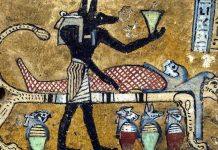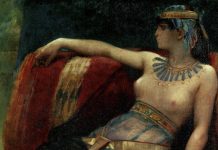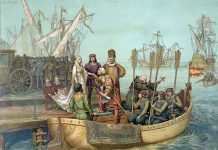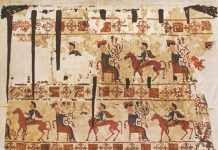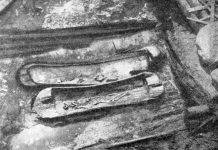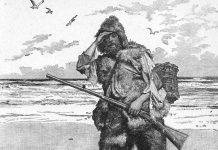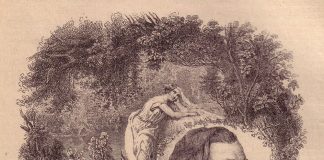There are personalities in the history of mankind who are centuries ahead of the course of events. They were definitely sent by the Higher Powers to our long-suffering land in order to tip the scales on the side of good in the days of turmoil and the reign of evil. And the course of history is leveled. One of the brightest stars in the sky of this row is a planet named Alexander Suvorov.
He is not only the greatest commander, but also a highly moral human being. He was not modern in everything. Everyone wore bright jackets and lace collars like peacocks, he dressed simply and comfortably; it was considered the norm to shuffle in front of a superior in rank, he did not bow to anyone, he carried himself with dignity. He preferred simple food, could be content with one porridge. There were entries in his diary. “I love my neighbor; I have not made anyone unhappy with me all my life: I have not signed a single sentence to death, not a single living being has died at my hands.”
He was surrounded by the love of his soldiers. In the cold Alps, the Cossacks broke their spears and lit a fire to warm their commander. Then, in October 1771, at two o’clock in the morning, he, bypassing the limits of human logic, set off from Elma on a difficult journey. The task is to break out of the encirclement to Ilants. The snow reached a half-meter layer. The trail is almost invisible, and could hardly miss one pedestrian even in the summer, let alone a man with a horse and luggage. And here everything happened in the conditions of a snowstorm. One edge of the trail overhung the precipice, and the other rested on sheer cliffs. However, each of us remembers Surikov’s painting “Suvorov Crossing the Alps” and can imagine all the difficulties of the transition. For this heroic campaign, Alexander Suvorov was awarded the title of generalissimo.
The river of time has carried into oblivion thousands of names that in their era were on everyone’s lips. Suvorov is remembered even where historical books are not read. For example, in one of the villages of the Kuban, Novovelichkovskaya, even today they sing old songs about Suvorov and the capture of Izmail, about the Bulgarian brothers, whom the Cossacks led by Suvorov rescued from Turkish captivity. How strong is the energy of the stories of great-grandfathers about their participation in the great campaign, if the great-grandchildren keep the information in their memory. There is not a single Bulgarian resident who would not know who Suvorov is. And in Switzerland, every year, as soon as the snow descends from the legendary pass, thousands of people gather near the memorial to pay homage to the commander and his army.





